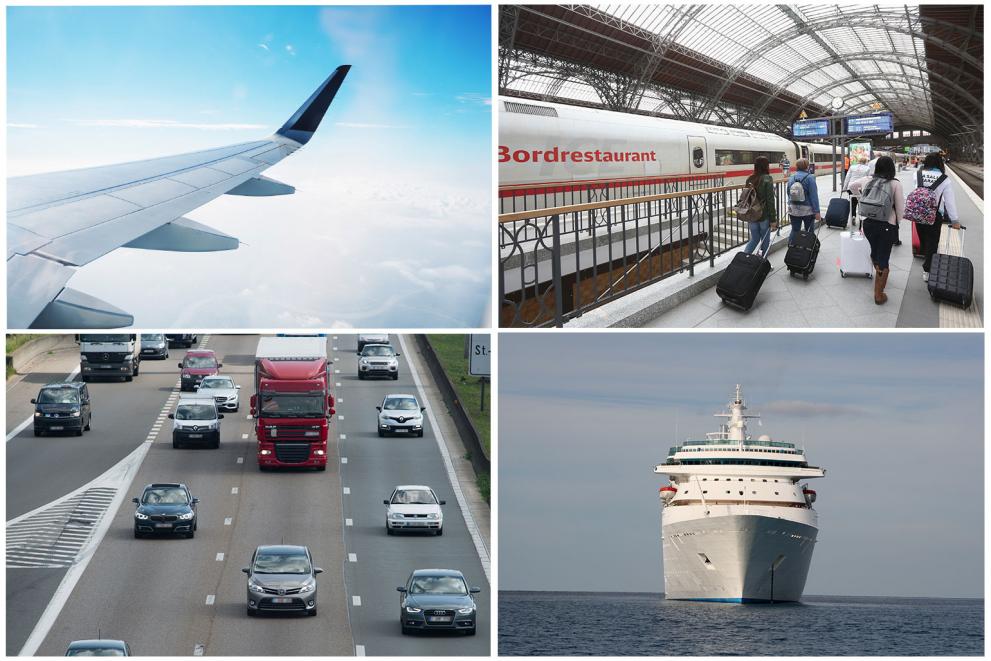
General overview
Competition is key to ensuring access to quality transport services at affordable prices. Competition policy in the transport sector aims to ensure that transport markets remain open and competitive and to facilitate new entrants. Ultimately, the aim is to obtain direct benefits for consumers in terms of price, output, quality, choice, and innovation. An efficient and competitive transport sector is critical to achieving an integrated internal market both in terms of movement of goods and passengers and to achieving an open economy integrated into the world economy. Newly liberalized sectors such as transport present specific policy challenges, for example in ensuring that the behaviour of previously state-owned monopolies or incumbents does not stifle new competition emanating in particular from new entrants. The Commission remains vigilant to any signs of price fixing, market sharing or other kinds of anticompetitive behaviour, which would impede effective competition and thus harm EU consumers' welfare.
Competition policy also aims through merger control law, to prevent too much concentration of market power. In particular, in the transport sector added vigilance is necessary to ensure that the objective of facilitating and encouraging new entrants is not undermined through excessive market consolidation. [ read more ]
